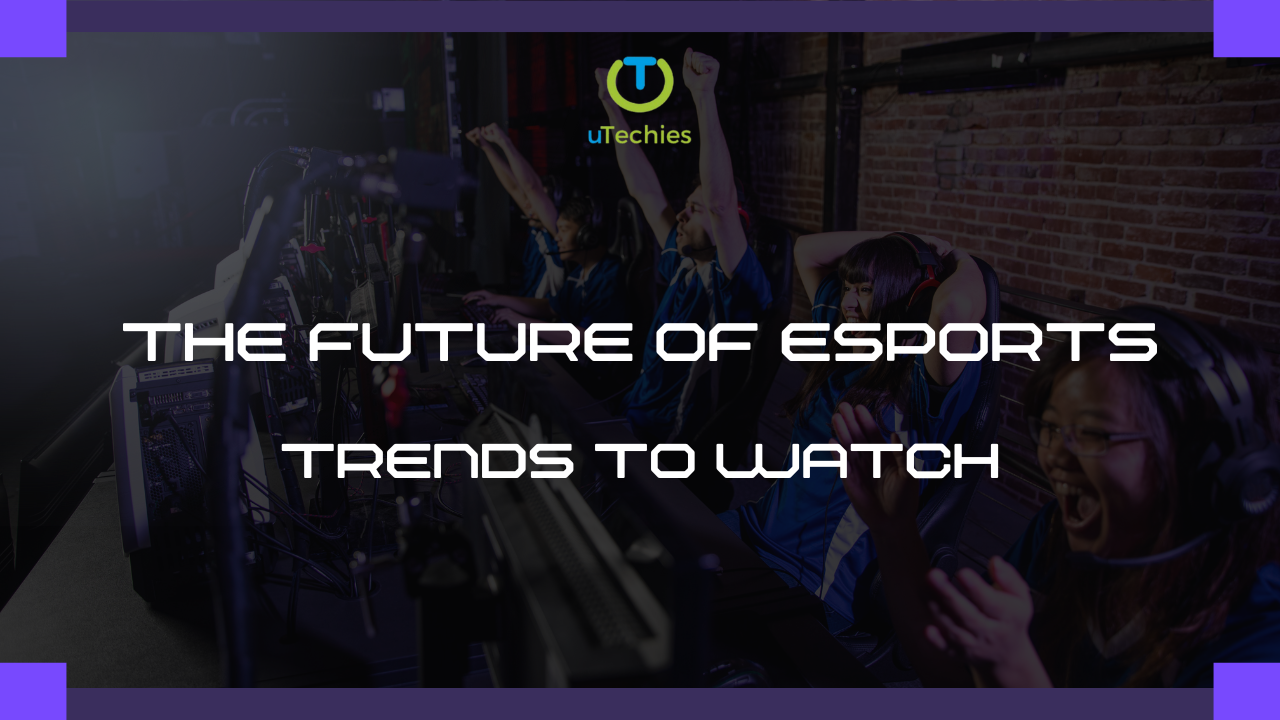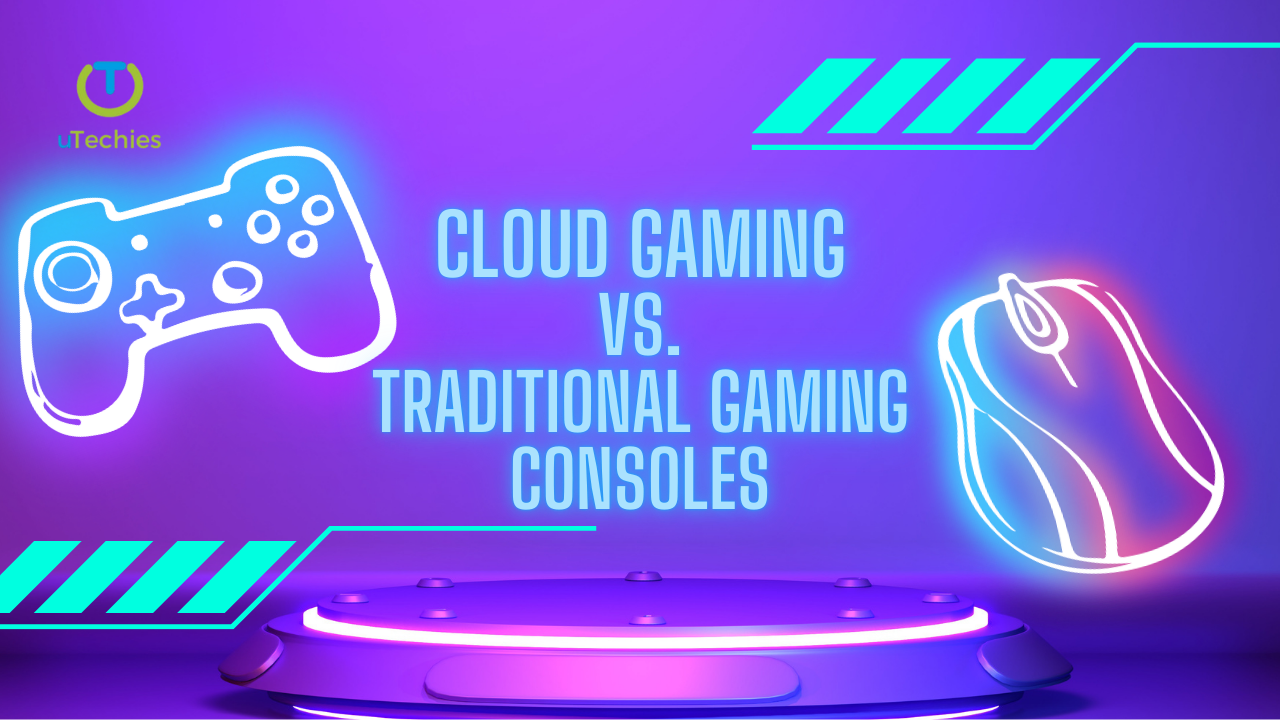Over the last decade, esports has undergone a remarkable transformation, growing from small-scale competitions to a global powerhouse with a massive fan base and significant financial backing. Looking forward, a series of dynamic trends promise to shape the trajectory of esports in 2024 and beyond.
Game-Changing Trends Shaping Esports
1. Surge in Sponsorship and Funding
One of the most influential factors in esports’ growth is the increasing support from prominent brands. Companies are pouring resources into teams, tournaments, and infrastructure, elevating the quality of events and creating viable career paths for players. This surge in investment is set to continue, paving the way for larger prize pools and the expansion of professional leagues.
2. Evolution with Virtual and Augmented Reality
Technologies like Virtual Reality (VR) and Augmented Reality (AR) are poised to redefine how esports are experienced. These tools will offer audiences more interactive and immersive viewing opportunities, such as experiencing gameplay through a player’s perspective or engaging with digital elements during live matches. As these technologies become more accessible and cost-effective, their integration into esports is expected to grow.
3. Expansion of Mobile Esports
The adoption of 5G connectivity is driving the growth of mobile esports, making high-quality gameplay more accessible worldwide. Faster internet speeds enhance the performance of mobile devices, enabling a broader audience to participate in competitive gaming. This trend is particularly impactful in regions with limited access to high-end gaming setups, further democratizing the esports ecosystem.
4. Blockchain Technology in Esports
Blockchain is emerging as a powerful tool for enhancing security and fairness in competitive gaming. By enabling secure transactions and providing transparency, this technology addresses issues like cheating and fraud. Additionally, tokenization is opening new avenues for fan engagement, offering unique ways for enthusiasts to support their favorite teams and players.
5. Strengthening Player Communities
The future of esports will prioritize community building and deeper player engagement. Developers are focusing on social features that encourage collaboration and interaction within gaming communities. This shift is likely to lead to an increase in live events and in-game activities aimed at fostering stronger connections among players and fans.
6. Role of Artificial Intelligence in Esports
Artificial Intelligence (AI) is playing an increasingly important role in enhancing esports experiences. From creating smarter non-player characters (NPCs) to delivering personalized gameplay experiences, AI is reshaping the competitive landscape. Teams are also leveraging AI-driven analytics to refine strategies and boost player performance.
7. Growing Mainstream Recognition
Esports is steadily gaining acceptance as a legitimate competitive activity. Traditional sports organizations are embracing esports, with leagues like the NBA creating dedicated gaming divisions. Meanwhile, mainstream platforms like ESPN are dedicating more coverage to esports, further solidifying its status as a serious form of competition.
Conclusion
The horizon of esports is brimming with possibilities, fueled by technological innovation and creative engagement strategies. From the rise of VR/AR and mobile gaming to the focus on community building and the integration of blockchain, the industry is on a path of continued expansion. These developments promise exciting opportunities for players, fans, and stakeholders, ensuring that the future of esports is both vibrant and transformative.






